Speakers
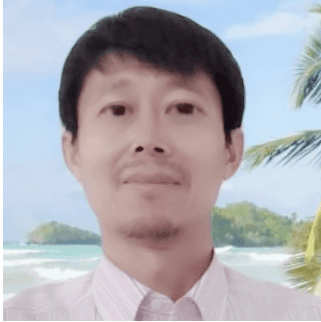
Dr. Alan Wang
Alan Wang is a principal investigator and Associate Professor at University of Auckland. He has more than ten years of research experience in bioengineering informatics and integrated medicine, especially in advancing the role of medical informatics in health care. His research interests include bioengineering, data informatics, neurocomputing, and biomedical statistics and simulation. He has developed medical data analytics methods for mobile health and personalized diagnosis and prognosis based on intelligent computing theories. He has experience analyzing huge cohorts of patient data with applications of early diagnosis, disease understanding, and effective treatment of patients with different disorders. He serves as an Editorial Board Member and an Active Reviewer for several international journals.
Title of Speech: Recent Advances in Multimodal Neuroimaging Data Analysis and Clinical Applications
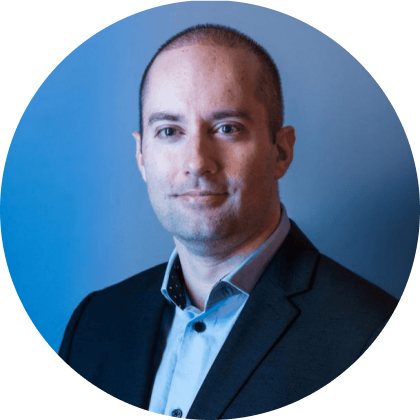
Roman Bauer, Ph.D.
Dr Roman Bauer is a Senior Lecturer (Associate Professor) at the Nature Inspired Computing and Engineering research group, in the Computer Science Research Centre at the University of Surrey (UK). He received his Bachelor's and Master's Degree in Computational Science and Engineering from ETH Zuerich, Switzerland. Afterwards, he did his doctoral studies at the Institute for Neuroinformatics (ETH Zürich/Uni Zürich) on simulations of brain development. He then joined Newcastle University (UK) in 2013 as a postdoc and afterwards led his own lab funded by two fellowships (MRC Skills Development Fellowship and EPSRC UKRI Innovation Fellowship). In 2020 he became a Lecturer and in 2023 a Senior Lecturer at the Department of Computer Science, University of Surrey, where he since then leads the interdisciplinary COMBYNE research lab ( www.combynelab.com ). Dr Bauer's research focuses on the computational modelling and analysis of biological dynamics, in particular those of the brain. Core components of his interests are neurodevelopment and neurodegeneration. His highly interdisciplinary research involves modern computing approaches, biological expertise, innovative machine learning methods and IT- related collaboration. Dr Bauer is co-founder and spokesperson of the international BioDynaMo collaboration, which has created the open-source and high-performance agent-based modelling software BioDynaMo ( www.biodynamo.org ).
Title of Speech: Al-assisted Approaches for Biomarkers of Neurological Conditions

Sheiladevi Sukumaran, Ph.D.
Associate Professor, Dr. Sheiladevi Sukumaran is a program leader and senior lecture in SEGi University. She obtained her Bachelor of Science (Hons), Master's in Science and Doctor of Philosophy in Education Management from the University of Malaya. Her job scope currently is managing research postgraduate students. She has taught subjects like Research Method and Statistics, Biochemistry, Cell Biology, Psychology, Human Anatomy and Physiology. Her interest in research involving Biotechnology, STEM, Science and Technology. She currently involved in numerous research includes FRGS, Grant Program Pembangunan Masa Depan Malaysia, REIG Grants, Seed Grant, PSIF grants and two Segi University Internal Grants. She also has several Scopus publications, ebook, conference proceeding publication and poster presentation. One of the publications in Asia Pacific Journal Molecular Biology and Biotechnology, that won the best poster is Knowledge, Attitude and Perception towards Cancer Prevention Practice among Public in Putrajaya Cancer. She has four industrial collaborations that involve eye specialist center, natural product, health device industry and berry product distributor. She is also actively involved in National STEM Malaysia organizing many activities in school and higher education level.
Title of Speech: Extended Reality (XR) Applications in Medical Imaging: Virtual and Augmented Reality in Clinical and Educational Settings

Amnah Asiri, Ph.D.
Dr. Amnah Asiri is an Assistant Professor at Prince Sattam Bin Abdulaziz University, Saudi Arabia. She holds a Ph.D. in Biosciences with a specialization in Histology and Cell Biology. Her research focuses on biomaterials and tissue engineering, particularly their role in regenerative medicine. She is passionate about developing innovative bioactive materials to advance therapeutic solutions.
Title of Speech: Epdermal and Fibroblast Growth Factor Incorporated Polyvinyl Alcohol, Electrospun Nanofibers as Burn Wound Dressing Scaffold
Previous Speakers

Dr. Alan Wang
Alan Wang is a principal investigator and Associate Professor at University of Auckland. He has more than ten years of research experience in bioengineering informatics and integrated medicine, especially in advancing the role of medical informatics in health care. His research interests include bioengineering, data informatics, neurocomputing, and biomedical statistics and simulation. He has developed medical data analytics methods for mobile health and personalized diagnosis and prognosis based on intelligent computing theories. He has experience analyzing huge cohorts of patient data with applications of early diagnosis, disease understanding, and effective treatment of patients with different disorders. He serves as an Editorial Board Member and an Active Reviewer for several international journals.
Title of Speech: Revolutionizing Post-Stroke Recovery with Advanced Neuroimaging and AI
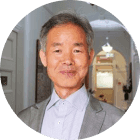
Dr. Byeongsang Oh
Dr. Byeongsang Oh is an Associate Professor at the Sydney Medical School, University of Sydney, and a Visiting Professor at the University of Kansas Medical School, USA. He also serves as President of the Medical Tai Chi Qigong Association (iMTQA) in the USA. With extensive research and clinical experience at the Dana-Farber Cancer Institute and Harvard Medical School, Dr. Oh is a leading expert in integrative oncology, specializing in evidence-based complementary and lifestyle medicine. His clinical and research focus on lifestyle medicine with a particular emphasis on the microbiome. Currently, he is actively engaged in collaborative integrative oncology research projects with Harvard Medical School and Yale University.
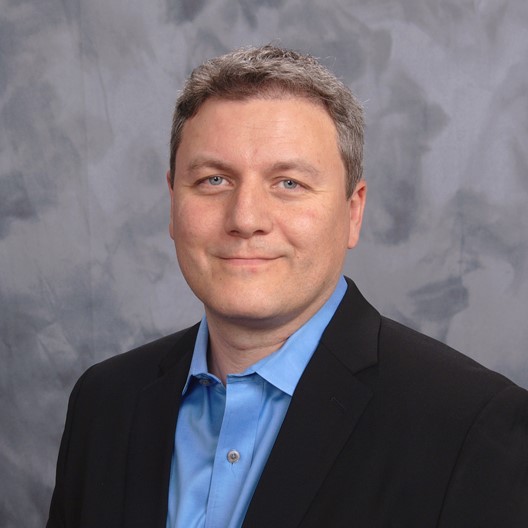
Andre Levchenko, Ph.D.
Andre Levchenko, a John C. Malone Professor of Biomedical Engineering at Yale University, and the founding Director of Yale Systems Biology Institute and Yale Cancer Systems Biology Center, combines experimental analysis with computational models to learn about the interactions of proteins and cells in healthy and disease states.
After growing up in Siberia, Levchenko received a Master of Science degree in biophysics from the Moscow Institute of Physics and Technology. After moving to the United States as a refugee, he went on to earn a Master of Science and a Doctor of Science degree in bioengineering from Columbia University, while also working at the Memorial Sloan-Kettering Cancer Center. He was then a postdoctoral scholar in the California Institute of Technology's Biology Division, initiating his work in systems biology.
Levchenko joined the faculty of the Department of Biomedical Engineering at Johns Hopkins University as an assistant professor in 2001, rising through the ranks to associate professor (with tenure) in 2007 and full professor in 2011. He then moved to Yale University in 2013 to lead a newly created Systems Biology Institute. He is internationally recognized as a pioneer and leader in the fields of systems biology of cell signaling, application of nanotechnology and microfabrication to biological experimentation. His contributions are particularly recognized in the areas of the analysis of cell migration and the cellular networks underlying multiple disease states, where he has combined computational moldering and novel experimentation methods to develop new insights at the molecular, cellular and organismal levels. He is the author of more than 150 published research articles and several book chapters, mostly in top publication venues. He is an elected fellow of the American Institute for Medical and Biological Engineering, Biomedical Engineering Society, American Physical Society and Connecticut Academy of Science and Engineering.
Title of Speech: Quantitative and Predictive Analysis of Therapeutic Windows

Alan Wang, Ph.D.
Alan Wang is a principal investigator and Associate Professor at Auckland University. He has more than ten years of research experience in bioengineering informatics and integrated medicine, especially in advancing the role of medical informatics in health care. His research interests include bioengineering, signal processing, data informatics, machine learning, and biomedical statistics and simulation. He has developed advanced data analytics methods for intelligent health and personalized diagnosis and prognosis based on signal processing and machine learning theories. He has experience analyzing huge cohorts of data with applications of early diagnosis, disease understanding, and effective treatment of patients with different disorders. He serves as an Editorial Board Member and an Active Reviewer for several international journals.
Title of Speech: Recement Advancements in Biomedical Intelligence
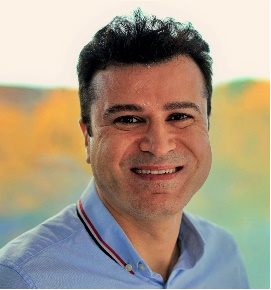
Maher G. Nawaf, Ph.D.
Dr. Maher Nawaf is a highly accomplished immunologist with extensive expertise in the field of immunology, designing and implementing immune assays to answer complex questions in support of research and development of drug discovery. With a strong academic and industrial background and a passion for advancing our understanding of the immune system, Maher has made significant contributions to the field through their research, publications, and clinical work.
Maher obtained his PhD in Immunology from University of Birmingham (UoB), UK and completed two postdoctoral training at Institute of Biomedical Research, UoB, UK. He has since held prominent positions in renowned academic institutions, research centers and companies, where he have led groundbreaking studies in the areas of immunology. Maher is fellow of the UK Higher Education Academy and member of the British Society of Immunology.
Maher has actively collaborated with academics, industrial scientists, and clinical teams to develop novel immunotherapeutic strategies. He has delivered numerous presentations at international conferences, published extensively in prestigious scientific journals, and supervised and mentored aspiring immunologists, contributing to the next generation of researchers and clinicians.
Title of Speech: All about Tregs: CARTregs as a promising approach for inducing immunological tolerance
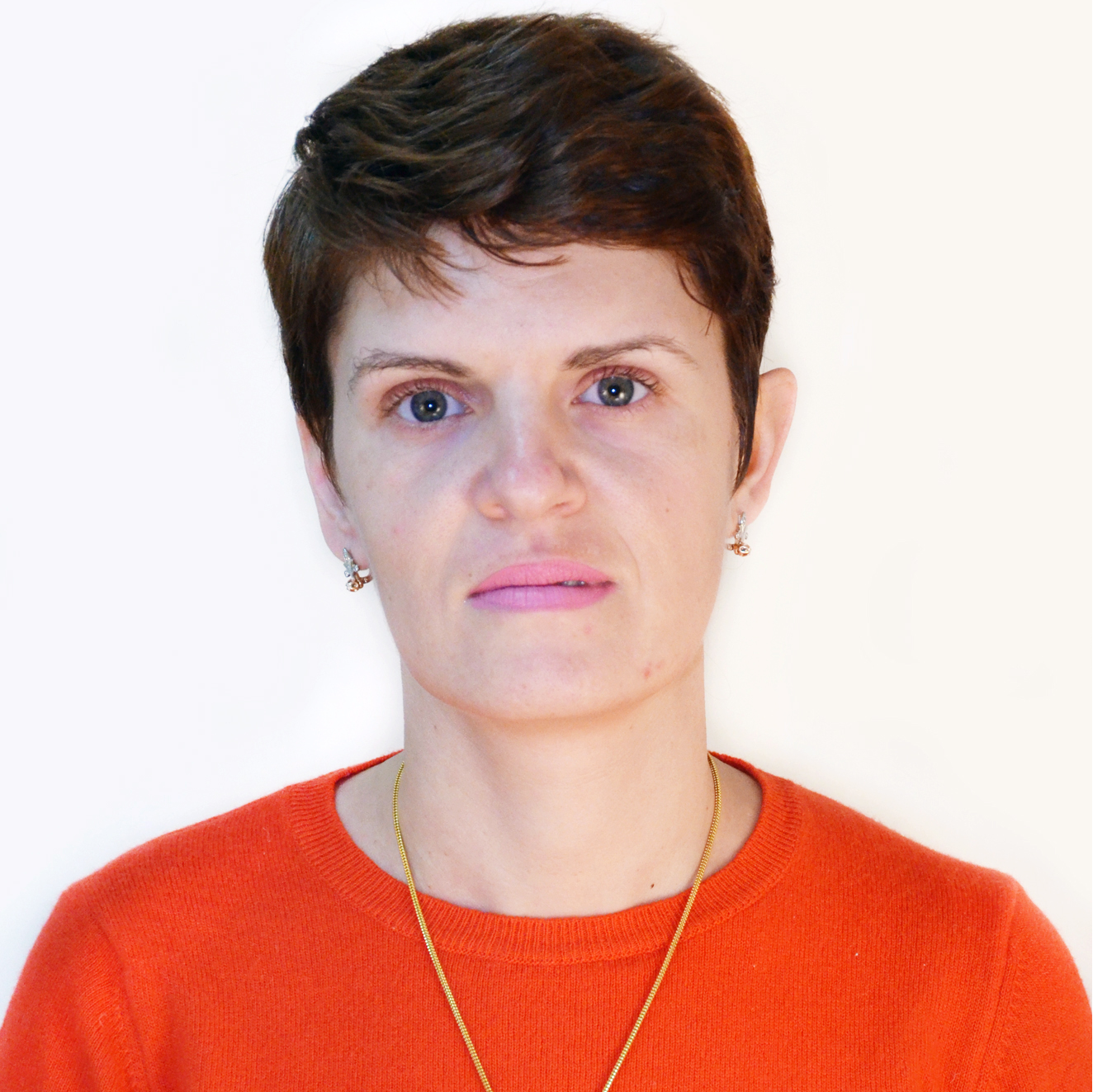
Cristina Tudoran, Ph.D.
Tudoran Cristina is an Assistant Professor at the University of Medicine and Pharmacy "Victor Babeș" Timișoara, Romania and a senior physician in cardiology, at the County Clinical General Emergency Hospital "Pius Brînzeu" Timișoara. She started her residency in cardiology in 2009, and in the same year enlisted as a Ph.D. student at the University of Medicine and Pharmacy "Victor Babeș" Timișoara. Since then, her research work has focused on the evaluation of cardiovascular pathologies in patients suffering from different pathologies. She finished her Ph.D thesis with magna cum laude. In 2013 she became Assistant Professor at the University of Medicine and Pharmacy "Victor Babeș" Timișoara. Since then, she has published over 47 articles in renowned journals and has won a national research grant sponsored by The Romanian Academy of Scientists. She sustained her Habilitation thesis in September 2022 and from May 2023 she is a member of the Ph.D. School of the University of Medicine and Pharmacy "Victor Babeș" Timișoara, Romania.
Title of Speech: The Importance of Transthoracic Echocardiography in The Evaluation of Patients with COVID-19 Syndromes

Sheiladevi Sukumaran, Ph.D.
Associate Professor, Dr. Sheiladevi Sukumaran is a program leader and senior lecture in Segi University. She obtained her Bachelor of Science (Hons), Master's in Science and Doctor of Philosophy in Education Management from the University of Malaya. Her job scope currently is managing research postgraduate students. She has taught subjects like Research Method and Statistics, Biochemistry, Cell Biology, Psychology, Human Anatomy and Physiology.Her interest in research involving Biotechnology, STEM, Science and Technology. She currently involved in numerous research includes FRGS, Grant Program Pembangunan Masa Depan Malaysia, REIG Grants, Seed Grant, PSIF grants and two Segi University Internal Grants. She also has several Scopus publications, ebook, conference proceeding publication and poster presentation. One of the publication in Asia Pacific Journal Molecular Biology and Biotechnology, that won best poster is Knowledge, Attitude and Perception towards Cancer Prevention Practice among Public in Putrajaya Cancer. She has four industrial collaborations that involved eye specialist center, natural product, health device industry and berry product distributor. She is also actively involved in National STEM Malaysia organizing many activities in school and higher education level.
Title of Speech: Disability Etiology Unpacking the Complexities for Effective Prevention and Treatment
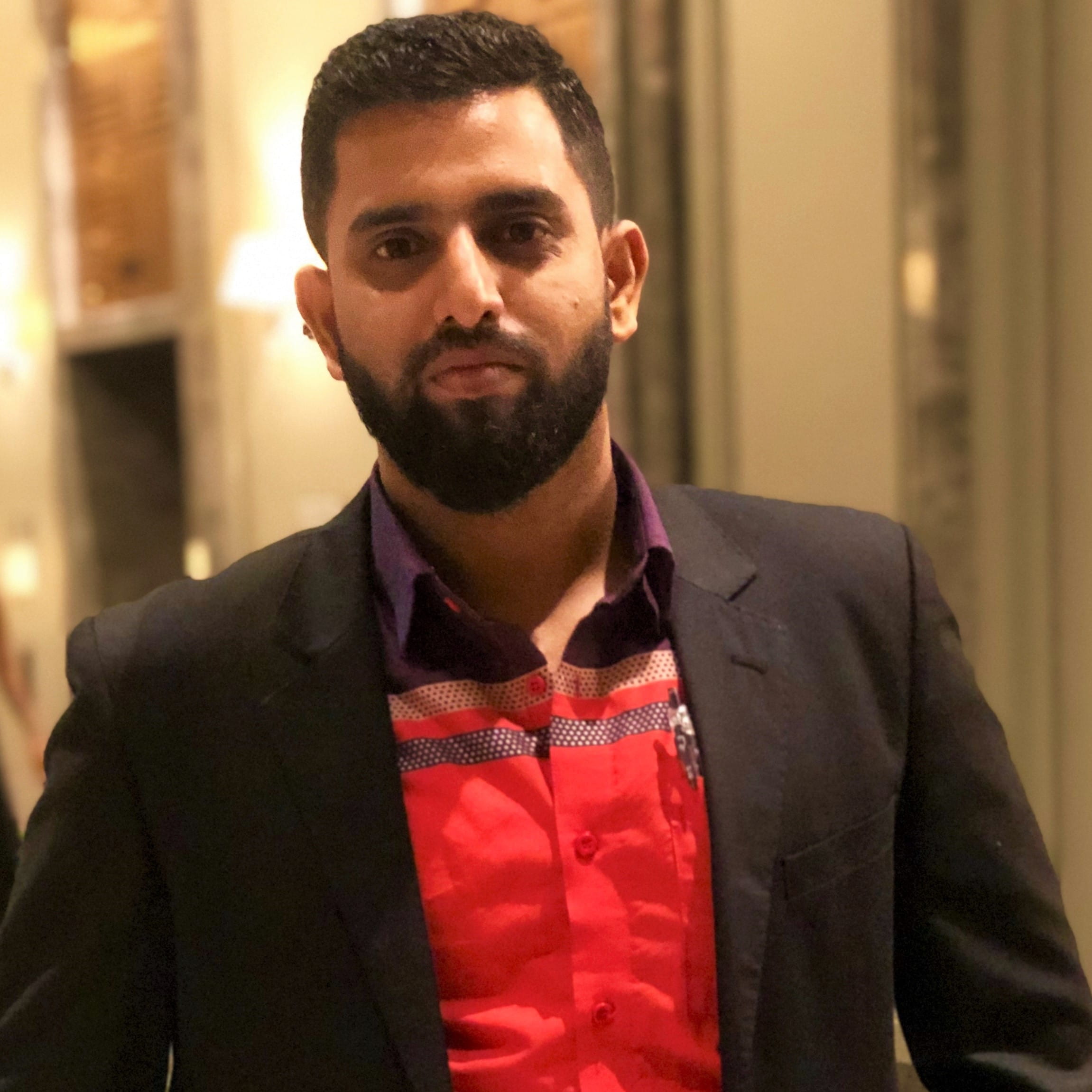
Sathiya Prakash Sooryanarayana, Ph.D.
Prakash is a senior lecturer and clinical optometrist at UCSI University who is involved in teaching for Optometry undergraduate program. He obtained a Bachelor of Science in Optometry degree from The Tun Hussein Onn Eye Hospital (THONEH) in collaboration with the prestigious Birla Institute of Technology and Science (BITS) in Pilani, India. Upon completion of his degree, he served as a clinical optometrist at the same hospital. He has also obtained a Master of Health Sciences in Clinical Optometry from The National University of Malaysia (Universiti Kebangsaan Malaysia-UKM). During his Masters, he was attached to the Ophthalmology Department of Hospital Selayang and Hospital Sungai Buloh. He was exposed to many ocular clinical cases, and he was trained in various optometric management. Thereafter, Prakash continued with Ph.D. in Optometry at The National University of Malaysia. His Ph.D. research focuses on early biomarkers of diabetic retinopathy and how diabetes affects the eyes. He is also active in various research at the moment involving diabetic retinopathy and clinical optometry areas. Prakash currently holds a few internal research grants at the university where he is working. Prakash is also an active member of the Association of Malaysian Optometrists (AMO) for several years. He currently serves as the Honorary Secretary for AMO.
Title of Speech: Retinal Neurodegeneration Changes In Pre-Clinical Diabetic Retinopathy